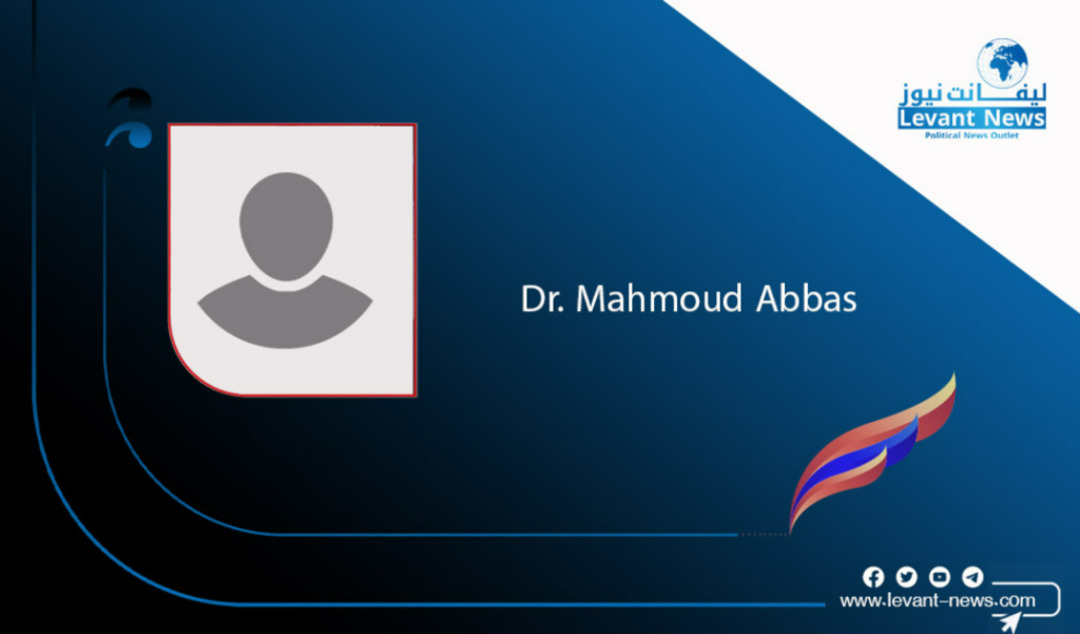-
Why does the National Bloc deny federalism and reproduce the fears of the past?

One of the strangest things we notice in the behaviors of the Syrian national elite, especially among Arab brothers, is that when they are outside the frameworks of political parties and organizations, they appear more open to dialogue and more willing to adopt the principles of political decentralization and federalism. However, the scene quickly changes once they engage in forming a political bloc or a new organizational framework; they disavow their previous stances and revert to the same outdated paths repeatedly tried and failed by authoritarian regimes.
At that point, they empty their discourse of its core and fill it with polished patriotic terms, literary-legal language, used as a cover to hide what they truly believe inside but dare not declare— as if the fear of the past still shackles them or as if the terror of the old authority haunts them even in the present, paralyzing their will every time they gather to draft a statement or establish a new entity.
Even more strange is that they often repeat that they do not want to confront the street, even though they are supposed to be its leaders, nor do they want to confront society, even though they claim to represent and lead it. Their discourse thus becomes a constant evasion, keeping them prisoners of fear and hesitation, instead of being the vanguard of change and its bold voice.
This was recently evident in the speech of the Syrian National Bloc, which includes personalities known for their strong support of federalism, but now presents a feeble model of bureaucratic "decentralization" that even falls short of administrative reform. It is preceded by a subtle threat against anyone raising slogans of "separation or division." In reality, this language is primarily directed against the Kurdish and Druze peoples, revealing clearly that trust between them and these forces is absent, just as trust in previous regimes claiming to be patriotic, while working to undermine that very patriotism.
This is not what we expected from the Bloc, especially since the main figures are known for their trustworthiness and distance from such subservience.
The polished terms about "separation of powers," "citizens' rights," and "extraconstitutional laws" mean little as long as they are ultimately reduced to a hollow phrase called "the citizen state." Any notion of citizenship can hardly be built in a country devastated, with no infrastructure, no cohesive cultural or social fabric, immersed up to its ears in sectarian and national conflicts. Ignoring these facts merely institutionalizes a new internal conflict bred from the ashes.
Those who drafted the Bloc’s statement and its "binding" principles must face reality honestly, not evasively. Without a genuine decentralized political system based on clear national and sectarian federations, Syria will end up divided after spilling blood that equals or exceeds that of the past. Justifying this with demographic complexity does not change anything—it’s exactly what successive corrupt regimes, from Baath to the late Assad, then his criminal heir, and today the terrorists, have exploited to destabilize the Syrian geography.
Politically, legally, and administratively, the Kurdish, Druze, or Alawite people cannot trust any future authority unless they are recognized with their own federations that represent them and secure their rights. For the Kurds, this means a federation of Western Kurdistan, extending from the borders of the İskenderun district, passing through Afrin, the heart of Western Kurdistan, down to the Tigris River banks south of Tel Koçer, and towards Shingal Mountains. Only then can we speak of a new Syria built on balance and justice, not on hollow slogans that hide the seeds of disintegration.
The issue lies not in the sincerity of individuals but in the nature of the framework that absorbs them; trust in intentions becomes a burden when the same fear is reproduced under a new guise.
Dr. Mahmoud Abbas
Tags
You May Also Like
Popular Posts
Caricature
opinion
Report
ads
Newsletter
Subscribe to our mailing list to get the new updates!





















